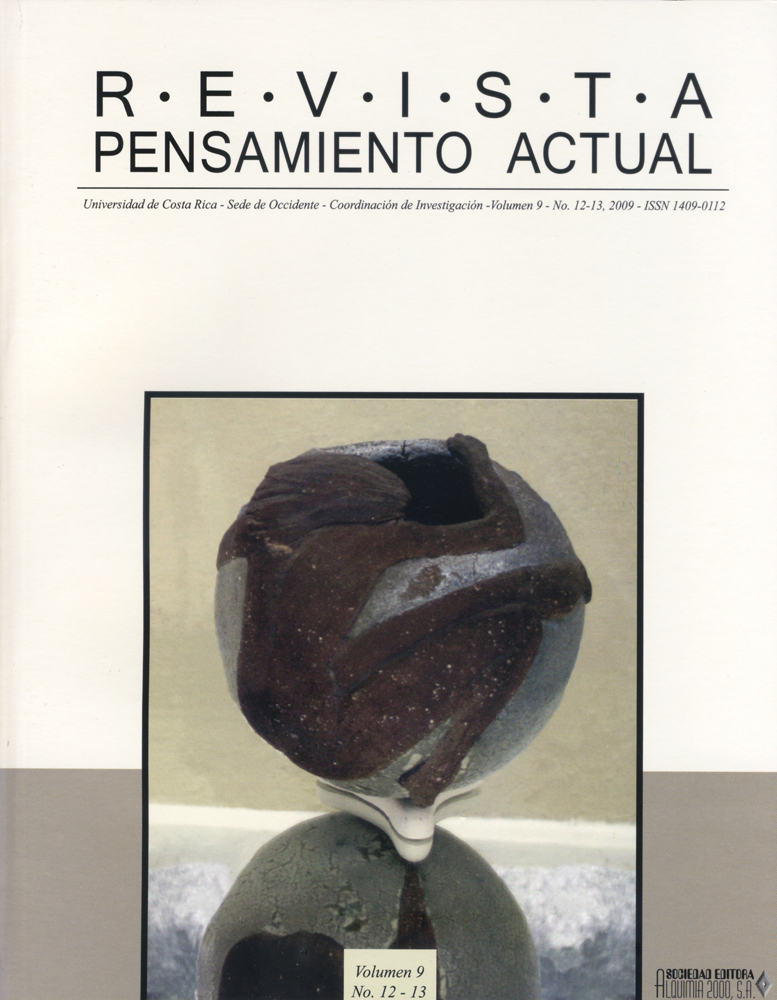Abstract
Even though before the 1960?s bilingualism was generally blamed for detrimental effects on cognitive development, various researchers have argued that studies carried out before that date included unbalanced bilinguals or bilinguals from minority groups; their results were hence unreliable. In contrast, many contemporary studies have reported positive cognitive effects of balanced bilingualism, especially regarding metalinguistic skills (i.e., the ability to look at language rather than through it to the intended meaning). By and large, studies that have administered metalinguistic tasks such as grammaticality judgment tasks, word awareness tasks, phoneme segmentation tasks, and Appearance-Reality tasks to groups of balanced bilingual and monolingual children of comparable ages report superior performance by the bilingual children; the latter group shows greater levels of control and analysis, which are fundamentally metalinguistic skills. Based on the meta-cognitive advantage argued for bilingual children, the author stresses the need to design true bilingual programs accessible to all children so these can have the same cognitive advantages as balanced bilingual children appear to have.##plugins.facebook.comentarios##
Downloads
Download data is not yet available.

